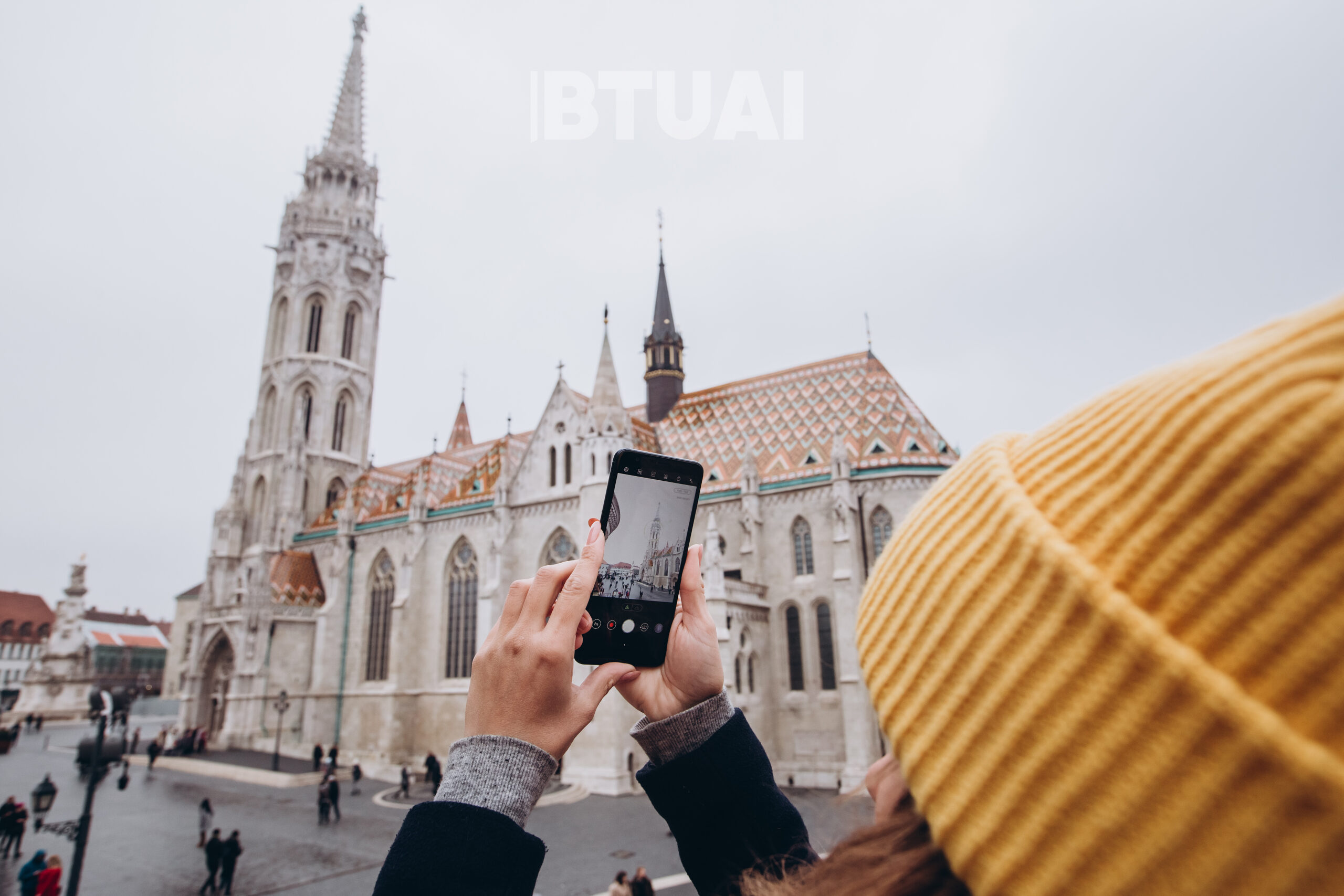Where and How Georgian Tourists Spend Their Money
In the first half of 2024, Georgian citizens made an average of 361,300 visits abroad each month, with average

In the first half of 2024, Georgian citizens made an average of 361,300 visits abroad each month, with average monthly expenditures totaling 349.9 million GEL. These figures highlight the main spending priorities of Georgian tourists during their time abroad and their financial flexibility. This analysis examines the spending structure of Georgian tourists and compares it with international trends.
According to Geostat, the largest share of spending by Georgian tourists abroad is on shopping, averaging 135 million GEL per month. This suggests that shopping is a significant priority for Georgians, potentially for both personal needs and for gifts or business purposes. This trend is also driven by the fact that various goods can often be purchased at relatively lower prices in many countries.
After shopping, food and drink expenditures are the second highest, with an average monthly spending of 92.3 million GEL. This indicates a tendency among Georgian tourists to experience traditional foods and drinks of different countries and enjoy their time abroad. Spending on food and drink plays an important role in shaping the experience of Georgian tourists, as tasting local dishes is considered an essential part of cultural exploration. Such spending significantly influences tourists’ overall impressions and contributes to culturally enriching travel experiences, which is a key goal for many.
Accommodation expenses, which average 52.6 million GEL, are important for the comfort and quality of rest for Georgian tourists. The quality of accommodation and the level of service often shape tourists’ impressions of their trips, affecting their future choices. Higher-quality services and comfort contribute to satisfying and lasting travel experiences.
Additionally, Georgian citizens spent 40.2 million GEL on local transportation abroad, indicating that tourists are keen to expand their travel radius and are interested in visiting various cities, attractions, and places. Transportation costs play a crucial role during travel, as local transportation enables tourists to explore a country more deeply and gain more insight into the local culture. Entertainment, wellness, cultural, and sports events accounted for 14.6 million GEL in spending, reflecting Georgian tourists’ fondness for active leisure and participation in local cultural activities. This spending shows the willingness of Georgian tourists to engage in activities that enrich their travel experiences and establish a deeper connection with the places they visit.
During the same period, other expenses amounted to 15.1 million GEL, which includes various services and activities chosen by tourists while abroad. These expenses often cover needs that are not directly related to the main spending categories but still play an important role in the overall experience of tourists.
Globally, tourists’ spending patterns vary, but common trends, such as high spending on shopping, food, accommodation, and entertainment, are similar. For example, German tourists, known for their enthusiasm for vacations abroad, spend an average of 8 billion euros per month. Their expenses are mainly directed toward accommodation and food, indicating that German tourists require a high level of comfort, as well as cultural and entertainment activities. German tourists’ spending particularly emphasizes their interest in staying in high-quality hotels and exploring important aspects of local culture, such as traditional cuisine, architecture, and art.
Chinese tourists are another example, spending an average of $259 billion on international tourism in 2023. Chinese tourists spend significant amounts on shopping and visiting local cultural attractions. The activity and spending growth of Chinese tourists have a major impact on global tourism, particularly in European and American markets, where they represent one of the largest consumer groups. Their spending often includes luxury items, branded clothing, and local art, reflecting their preferences and cultural interests.
For U.S. citizens, tourist spending is primarily directed toward accommodation and local transportation. Their average expenditure per visit is around $3,500, indicating that American tourists focus on comfortable and complete travel experiences. Accommodation, food, and cultural activities are their main spending categories. For American tourists, high-quality accommodation is important, as are active and diverse recreational opportunities, including tourist routes, cultural events, and adventures. Their high spending level reflects a focus on planning trips where comfort and quality are paramount.
The spending structure of Georgian tourists abroad differs significantly from international trends. The high spending on shopping and food suggests that these two categories are the top priorities for Georgian tourists, unlike, for instance, German or American tourists, who place greater emphasis on accommodation and comfortable rest. The high spending by Georgian tourists on shopping may be influenced by both economic and cultural factors, as the high quality and relatively low prices of goods and services abroad are of particular interest. Additionally, one reason for high spending on shopping may be that Georgians often seek products abroad that are difficult or expensive to find in Georgia.
Food and drink expenditures are one of the main spending categories for Georgians. However, accommodation expenses are relatively low, which may indicate that many Georgian tourists opt for budget accommodation or short-term stays. This trend may be related to economic constraints or the preference of Georgian tourists for more active experiences during their trips.
The spending structure of Georgian tourists abroad clearly differs from international tourism trends, reflecting both economic and cultural characteristics. Georgians place particular emphasis on shopping and dining, indicating the unique nature of their cultural interests and needs.
At the same time, it is important for Georgia to develop domestic tourism, allowing citizens to explore the attractions of their own country and strengthen their connection to local culture. This will not only contribute to the development of the domestic economy but also strengthen cultural identity, fostering a deeper connection between Georgians and their heritage.




